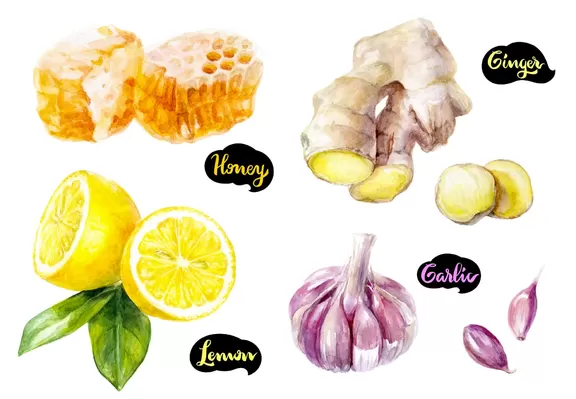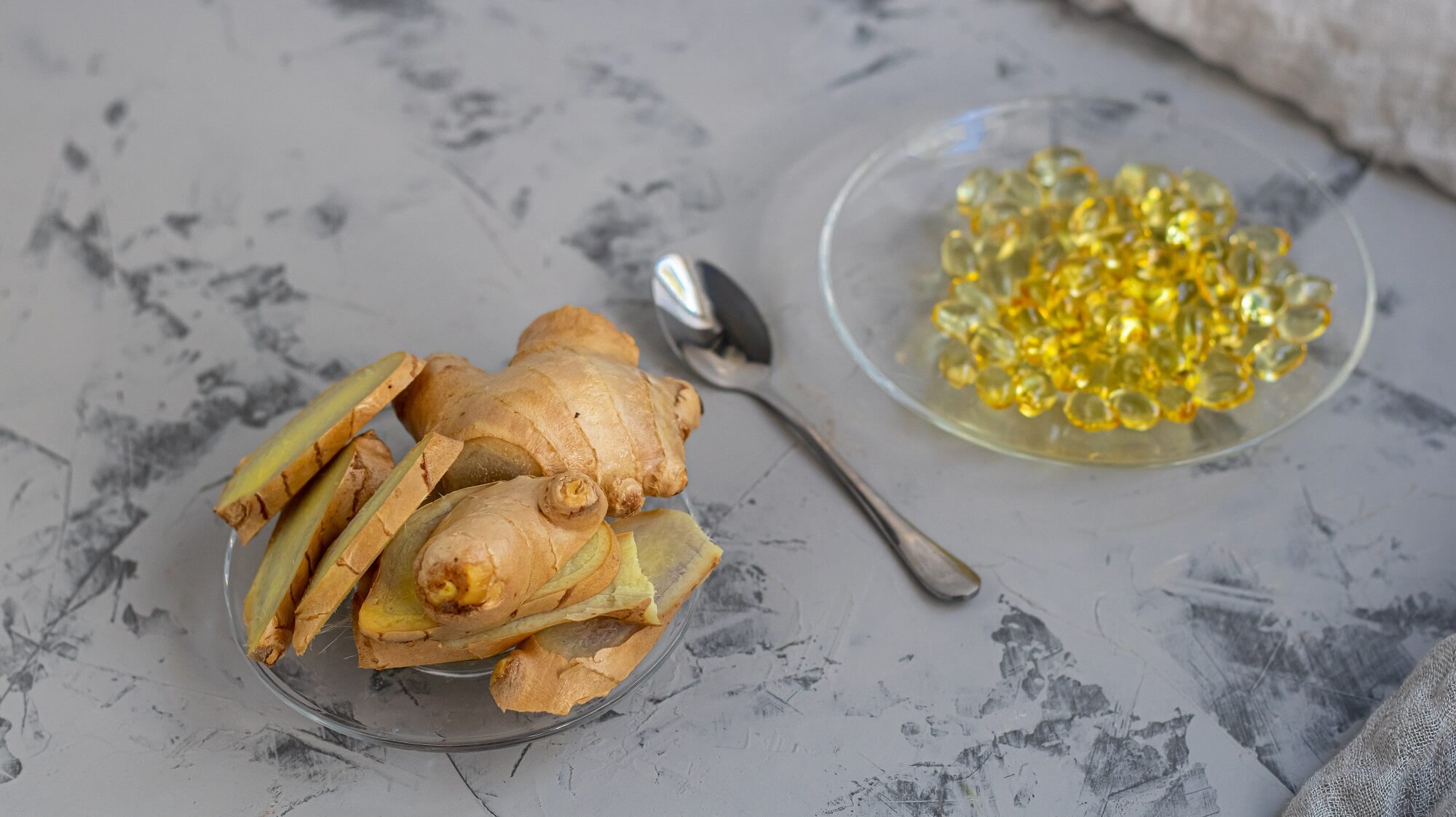
Ginger (Zingiber officinale) is generally very safe to use, and should cause little or no side effects for most people—if they take less than a therapeutic dose. Ginger is a literally a food people consume all over the world. And, if you are not taking ginger at therapeutic doses (ingesting high doses of ginger, or taking ginger for prolonged periods of time; or doing these two things in tandem), it generally is very safe for most people.
Although ginger has the U.S. Food and Drug Administration’s “generally regarded as safe” (GRAS) certification,(source 9) ginger can cause some side effects. If you have certain medical conditions, or are taking certain drugs (which will be discussed), you should get professional medical supervision before you start taking ginger; even at sub-therapeutic doses.
Dr. James Duke, in his book The Green Pharmacy Herbal Handbook,(source 1) states "ginger is supremely safe" with the caveat of if you do not take large amounts on an empty stomach. If you take a good amount of ginger (more than 6 g) on an empty stomach, it can cause gastrointestinal irritation.
In addition to being an author, the late Dr. Duke was a world renowned expert on medicinal herbs. Dr. Duke gives ginger a safety rating of "safer than coffee." In his aforementioned book, Dr. Duke compares herb safety to one of the most commonly used plants: coffee. Yet, Dr. Duke does warn that there are some contraindications (things that make a particular treatment or procedure inadvisable) for ginger. This article will address these primary concerns and warnings!
Dr. John Herzog (MD)
Dr. John Herzog, a "survival surgeon" from Maine explains what home remedies work best in a crisis situation.
This may be important in the event you require first-aid or are in an emergency situation without easy access to a hospital. Dr. John Herzog has assembled a large collection of home remedies for such scenarios.

Ginger’s Side Effects (Contraindications)
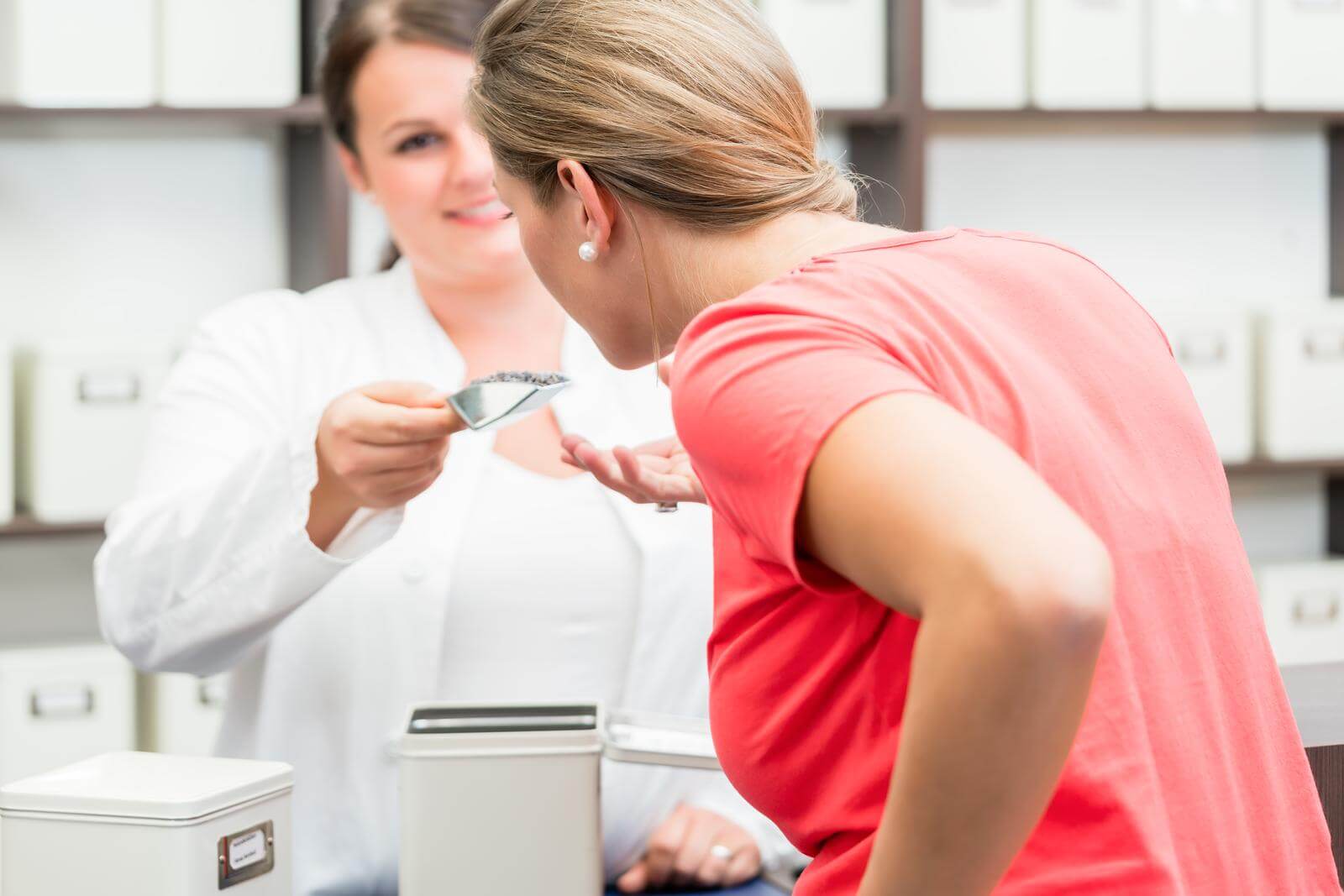
A general summary of ginger’s side effects comes from an overview of ginger published in American Family Physician [75.11 (2007): 1689-1691].(source 2) The study states side effects from ingesting ginger are uncommon. If adverse reactions occur, they can include heartburn, diarrhea, and mouth irritation. Because this herb may affect blood clotting, it is recommended that people taking anticoagulants use caution when consuming ginger.
The following sub sections contain a more detailed an comprehensive overview of contraindications for ginger.
Anticoagulant Properties
There are many studies demonstrating the anticoagulant effects of ginger.(source 3) And, if you are taking a blood thinning drug, you should consult a medical professional before taking ginger. And, in the interim before consulting a doctor, avoiding ginger altogether may be prudent.
Women who are pregnant and undergoing anticoagulant therapy (e.g., taking drugs like warfarin, heparin, aspirin, non-steroidal anti-inflammatories, or any drug / herb that has an anticoagulant effect) should not take ginger. Pregnant women in general who wish to take ginger therapeutically for a prolonged period should ideally have blood tests done to evaluate clotting factors, and have a medical professional oversee their ginger therapy.(source 3)
Women with a history of vaginal bleeding or clotting disorders; or, those with a history of miscarriage; should also avoid ginger.(source 3)
Concerning the anticoagulant warfarin, ginger can cause warfarin toxicity and increase the anticoagulant effect of this drug. This can lead to episodes of bleeding.(source 5)
Stomach Irritation, Digestion Problems, & Heartburn
Ginger has been found to be a stomach irritant and can cause heartburn.(source 3)(source 4) Research has demonstrated that taking more than 6 grams of ginger can worsen gastrointestinal problems such as heartburn, acid reflux (GERD), and diarrhea.(source 5)
A study in The Journal of the American Board of Family Medicine [27.1 (2014): 115-122](source 14) reported that ginger can commonly cause gastroesophageal reflux. The paper cites a study of 120 subjects in which 4 withdrew because of acid reflux symptoms. Additionally, acid reflux has been commonly seen with ginger use outside of pregnancy. Another study cited by this paper had 27% of subjects developed acid reflux from ginger use.
This same study also states that in another study 8% of participants had heartburn after taking 1 g of ginger.
Possibly a Cholagogue
A cholagogue is a substance that stimulates the flow of bile from the gallbladder. Ginger may possess some cholagogic ability. Consequently, people with a history of gallstones may want to avoid ginger.(source 3)
The U.S. National Library of Medicine’s StatPearls publication states that ginger does increase the bile acid secretion. As a result, it can aggravate gallstone formation.(source 5)
Dr. James Duke(source 1) recommends consulting a herbal expert before taking ginger therapeutically if you have had gallstones in the past.
Lowers Blood Pressure
Ginger is known to lower blood pressure.(source 5) Therefore, expectant mothers prone to dizziness and people taking anti-hypertensive medications (those that lower blood pressure) should avoid ginger.(source 3)
Rarely, ginger may be able to cause irregular heartbeat (arrhythmia).(source 5)

Comprehensive Herbalist School
Dr. Patrick Jones, founder of the HomeGrown Herbalist School of Botanical Medicine has been a practicing veterinarian for over 25 years. He is also a clinical herbalist and traditional naturopath.
Kevin Harrington, Original Shark from ABC’s Shark Tank, stands behind Dr. Patrick Jones and HomeGrown Herbalist.
Learn More
Comprehensive Herbalist School
Dr. Patrick Jones, founder of the HomeGrown Herbalist School of Botanical Medicine has been a practicing veterinarian for over 25 years. He is also a clinical herbalist and traditional naturopath.
Kevin Harrington, Original Shark from ABC’s Shark Tank, stands behind Dr. Patrick Jones and HomeGrown Herbalist.Learn More
A 2005 study published in the Journal of Cardiovascular Pharmacology [45.1 (2005): 74-80](source 15) reports that ginger is known to be a diuretic and blood pressure lowering herb. Ginger is also used by some traditional medicine practitioners as a treatment for high blood pressure (hypertension). The following quote addresses this, and was taken from this study:
The use of ginger in cardiovascular diseases has long been known. Ginger is known to have a diuretic and blood pressure (BP)-lowering effect. In the traditional medicine practice of Pakistan, herbalists prescribe ginger to hypertensive patients to be taken after dinner. Interestingly a few studies have been carried out to explore the BP-lowering potential of ginger extract and its active constituents but produced conflicting results, and the precise mode of action remains to be elucidated.
Journal of Cardiovascular Pharmacology [45.1 (2005): 74-80]
Allergic Reactions
The U.S. National Library of Medicine’s StatPearls publication states that there are no known allergies to ginger at recommended doses.(source 5)
Claire Goodall’s Amazing Guide
Clair Goodall is a bee-obsessed, natural medicine convert from Minnesota (USA). And, she does keep bees!
Clair has created 350+ page book documenting how to replace the toxic products and medications in your home with healthier, all-natural alternatives.

Ginger Dosage Guidelines
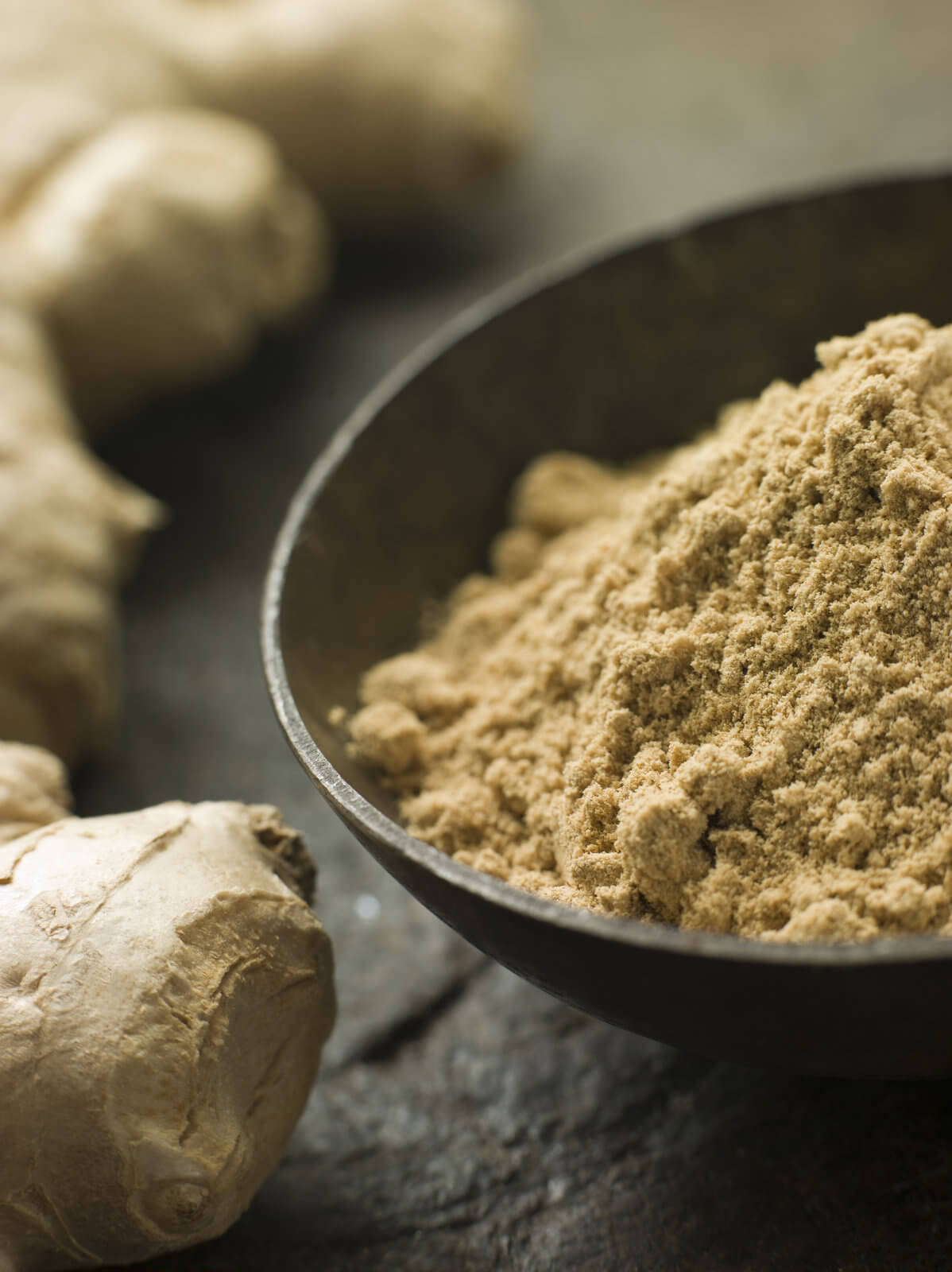
Ginger has the U.S. Food and Drug Administration’s “generally regarded as safe” (GRAS) certification.(source 9) Ginger is considered safe at dosages of up to 4 grams per day.(source 8)
- Most clinical research (as of 2007) had used between 250 mg and 1 g of powdered ginger root in capsules taken 4 times a day. For pregnancy induced nausea and vomiting, most studies (as of 2007) used 250 mg four times a day.(source 2)
- If you notice side effects from taking ginger, it is recommended to reduce your ginger intake to less than 4 grams a day.(source 5)
- The recommended serving of ginger is 2/3 cup of freshly ground ginger or one tablespoon of ground ginger.(source 5)
- A 2009 study in Supportive Care in Cancer used a 1.0 g or 2.0 g dose of ginger daily to examine nausea reduction.(source 6)
- A 2006 study published in Obstetrics & Gynecology stated the suggested daily dose of ginger varied between 250 mg to 4.77 g.(source 7)
Making Ginger Pills
The U.S. National Library of Medicine’s StatPearls suggest making ginger pills by mixing ginger powder with fresh ginger juice. Once you combine these two ingredients, you can mix them with a mortar and pestle until it becomes a thick paste. Once the paste has dried, it can be formed into pills. The ratio of ginger powder to juice is about 4 to 1. The suggested dose for these homemade ginger pills is taking 2 tablets up to 3 times a day.(source 5)
Negative Drug Interactions
According to a study published in the The Australasian Medical Journal [8.10 (2015): 315](source 10) states that ginger is used by traditional Western and Chinese medicine to relieve nausea; and, it does this by deactivating pro-emetic (produces nausea and vomiting) substances in the stomach. This same hindering mechanism can reduce the absorption of certain drugs and neutralize their effect. So, if you take ginger in tandem with another drug / herb, it may deactivate them in the stomach.
- Anticoagulants (blood thinners) (source 3)
- Interacts with warfarin (source 5)
- Barbiturates (sedative-hypnotics) (source 3)
- Benzodiazepines (used to treat anxiety, insomnia, and seizures) (source 3)
- Beta Blockers (medications that reduce blood pressure) (source 3)
- Gingko biloba (an herb) (source 3)
- NSAIDS (non-steroidal anti-inflammatory drugs) (source 10)
- Stops NSAIDS from relieving pain
- May enhance the bioavailability of certain drugs. This effect may be due to piperine-like compounds in ginger. Piperine, the pungent compound in black pepper, is widely known to increase drug bioavailability.(source 11)
Side Effects of Taking Ginger on an Empty Stomach
Dr. James Duke, in his book The Green Pharmacy Herbal Handbook,(source 1) advises against taking a large amount of ginger on an empty stomach. Dr. Duke states that if you take a large amount of ginger (over 6 g) on an empty stomach, it might irritate your gastrointestinal tract.
According to The Indian Journal of Medical Research [92 (1990): 139-141],(source 12) taking a lot of ginger on an empty stomach is not a good idea. Taking 6 g or more of this herb causes a substantial increase in the exfoliation of the surface cells lining the stomach (gastric surface epithelial cells) in humans. It is postulated that this action could lead to stomach ulcers. Therefore it is suggested that no more than 6 g of ginger be taken on an empty stomach.(source 13)
Ginger Beer & Tea Side Effects
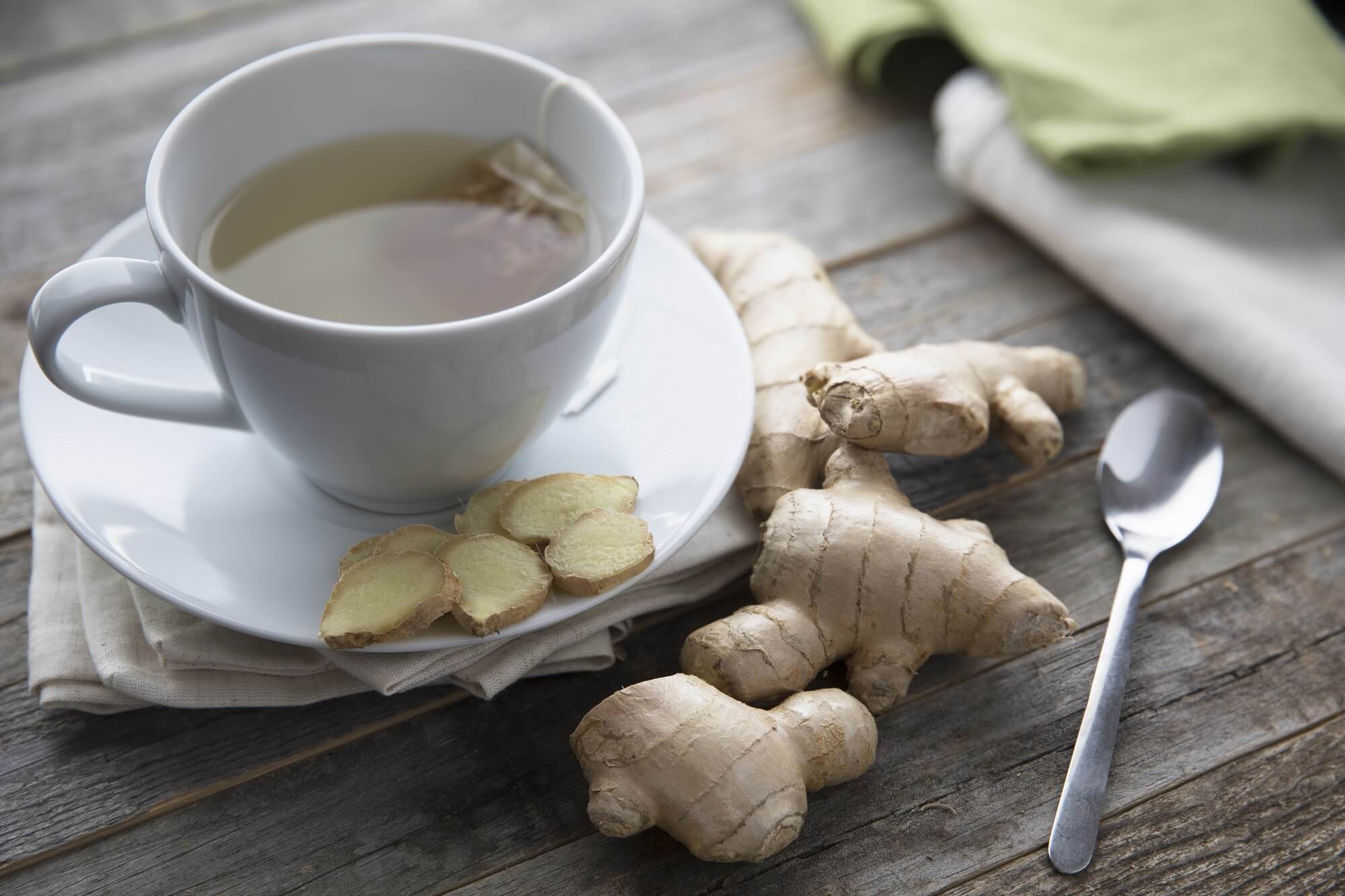
Generally, there should not be much actual ginger in teas or beers made with this herb. Consequently, there may not be enough of the herb to cause any strong effects; good or bad. So, if you aren’t routinely drinking ginger beer or tea, it is probably not going to affect you (even if you are trying to get some desired effect).
Yet, if one of the aforementioned contraindications applies to you, you should consult a medical professional before routinely consuming teas or beers with this herb. But, keep in mind, in general the research that addresses contraindications deals with people taking specific amounts of ginger for specific periods of time. And, may not be applicable to having a ginger beer or tea every now and then!
Either way, err on the side of safety and consult a medical professional if ginger is contraindicated for your unique situation.
About the Author
Geoff Kent is a natural medicine enthusiast who has been researching and writing about natural medicine since 2008. Geoff is primarily a web developer, but also researches and authors written and video content about natural health. Geoff has a bachelor’s degree in Management Information Systems from the University of Northern Iowa.
More on Geoff KentImportant Disclosures & Disclaimers
It is important to use the information you find on Herbsey.com in the right way. Also for legal reasons, these disclaimers and disclosures are necessary. For further information about each, feel free to click the link provided to the page on this website that provides more information.
Medical Disclaimer
The information on this website is not a prescription for anyone. This information is for informational or educational purposes only, and is not a substitute for professional medical advice or consultations with healthcare professionals.
Advertisement Disclosure
Some of the links provided on this article and website are affiliate links. If you purchase a product after clicking on these links, Herbsey.com will earn a commission. Herbsey.com promotes various products through advertisement and text links. For more information: Our Advertisements.





